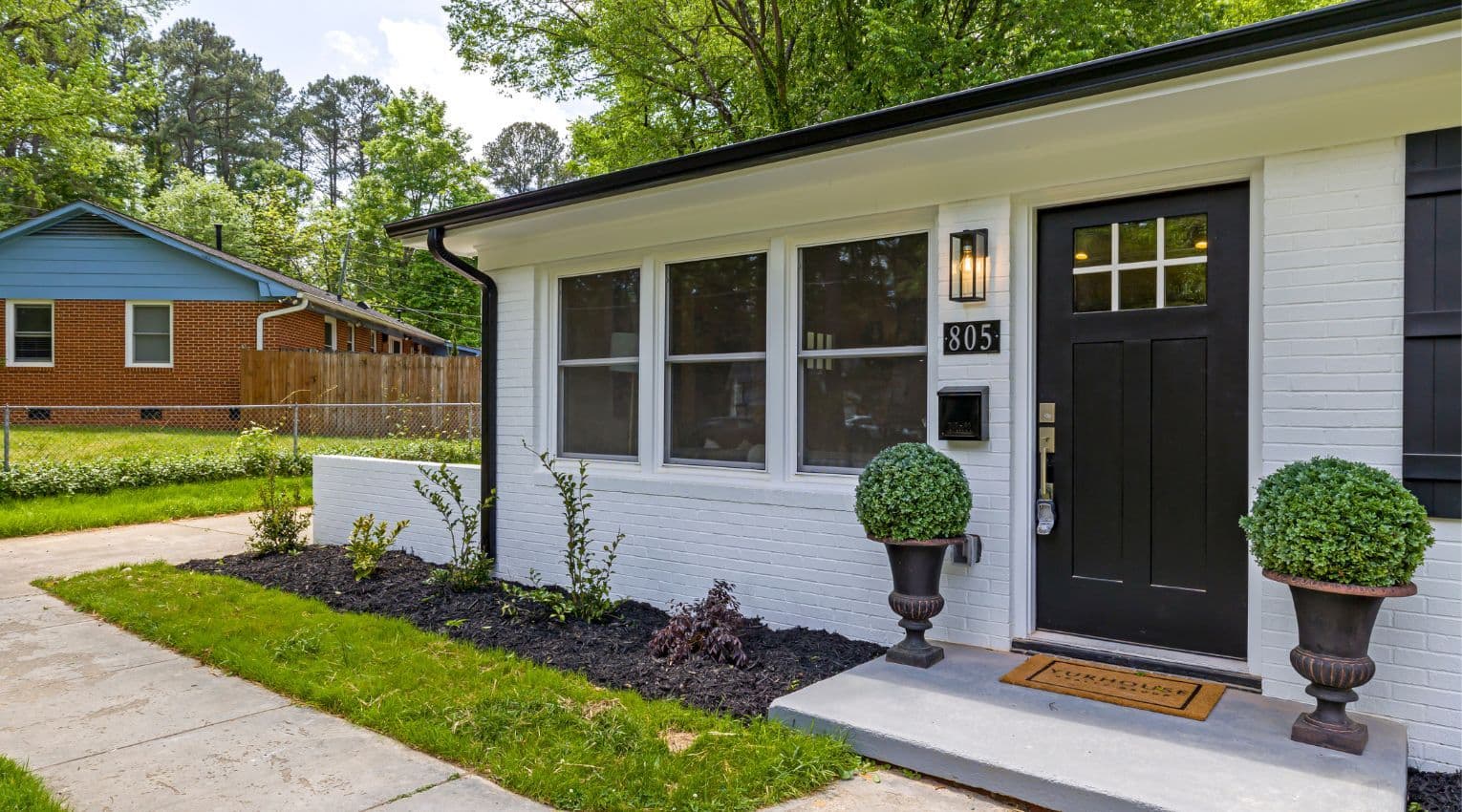Everything You Need to Know About Title Insurance

There are certainly enough things to worry about as a first-home or aspiring homeowner, and while you may have heard the term before, you may be wondering, do I need title insurance? The answer isn’t that simple, since you don’t technically need it as a homeowner — but it is a very good idea in order to avoid the unforeseen costs and headaches that can stem from bad titles.
Title Basics
A title provides you with the legal right to own — and sell a piece of property, including a house, boat, or commercial real estate building. Up front, it’s important to denote the difference between two frequently-used terms: title and deed. The title refers to the concept in general, whereas the deed is the physical, tangible document that you’ll receive once the title is transferred to you after a purchase.
A “bad title” is a document that doesn’t grant ownership to the person or entity who holds the title due to legal or financial issues (and sometimes an administrative or clerical error). The issues must be resolved to deem the title “clear” before it’s able to be transferred to a new owner, and title companies will perform a search to verify this before the transaction can be completed.
For a comprehensive list of homeownership terms, check out our Homeownership Glossary.
Types of Title Insurance
The most common type of title insurance is lender’s insurance — which, as the name suggests, protects the lender from any issues with the homeowner’s title. For example, if a legal claim is made against the home due to back taxes, liens, or will conflicts, the lender won’t be liable.
There is also owner’s title insurance, which similarly guards a potential homeowner from legal issues or damages before they purchase the home. These include conflicting ownership claims, lawsuits and liens, fraud and forgery, and erroneous public records. Unless you own the property or are about to buy it, you are not on the hook for title problems as a renter — if there are any issues, the responsibility lies with the homeowner (your landlord). Owner’s title insurance is effective as long as the homeowner is legally in possession of the property. When they sell the property, the title can be transferred to the new owner.
Finally, a warranty of title is a guarantee to the homebuyer that the seller can transfer ownership of the property that no other parties have rights to.
Title insurance is usually handled by a third-party — often a closing agent — once the property purchase agreement has been completed.
Is Title Insurance Required?
Owner’s title insurance is recommended, but not required. Before foregoing the purchase of owner’s title insurance, though, it’s important to really think through the potential ramifications, as sometimes, claims might not be made until years into your ownership of the home. Due to the risk the lender is assuming in issuing a mortgage loan, however, lender’s title insurance is often mandatory.
While it depends on your particular lender, owner’s and lender’s title insurance is often packaged and priced together. This is usually a one-time fee that runs between .5% and 1% of the total sale price of the property. So, for example, title insurance on a home that sold for $400,000 would range from $2,000 to $4,000. In the grand scheme of homeownership costs, the price of title insurance is relatively low, and can help you avoid expensive title issues down the road.
Can you negotiate title insurance? The short answer is sometimes. Your lender may have a title company that they regularly use, but it never hurts to suggest a company of your choice who offers a better rate.
You should know
We do our best to make sure that the information in this post is as accurate as possible as of the date it is published, but things change quickly sometimes. Hometap does not endorse or monitor any linked websites. Individual situations differ, so consult your own finance, tax or legal professional to determine what makes sense for you.



